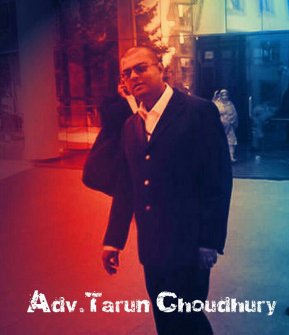The scope of Section 151 CPC has been explained by the Supreme Court in the case K.K. Velusamy v. N. Palanisamy as follow:
(a) Section 151 CPC is not a substantive provision which creates or confers any power or jurisdiction on courts. It merely recognises the discretionary power inherent in every court as a necessary corollary for rendering justice in accordance with law, to do what is “right†and undo what is “wrongâ€, that is, to do all things necessary to secure the ends of justice and prevent abuse of its process.
(b) As the provisions of the Code are not exhaustive, Section 151 recognises and confirms that if the Code does not expressly or impliedly cover any particular procedural aspect, the inherent power can be used to deal with such situation or aspect, if the ends of justice warrant it. The breadth of such power is coextensive with the need to exercise such power on the facts and circumstances.
(c) A court has no power to do that which is prohibited by law or the Code, by purported exercise of its inherent powers. If the Code contains provisions dealing with a particular topic or aspect, and such provisions either expressly or by necessary implication exhaust the scope of the power of the court or the jurisdiction that may be exercised in relation to that matter, the inherent power cannot be invoked in order to cut across the powers conferred by the Code or in a manner inconsistent with such provisions. In other words the court cannot make use of the special provisions of Section 151 of the Code, where the remedy or procedure is provided in the Code.
(d) The inherent powers of the court being complementary to the powers specifically conferred, a court is free to exercise them for the purposes mentioned in Section 151 of the Code when the matter is not covered by any specific provision in the Code and the exercise of those powers would not in any way be in conflict with what has been expressly provided in the Code or be against the intention of the legislature.
(e) While exercising the inherent power, the court will be doubly cautious, as there is no legislative guidance to deal with the procedural situation and the exercise of power depends upon the discretion and wisdom of the court, and in the facts and circumstances of the case. The absence of an express provision in the Code and the recognition and saving of the inherent power of a court, should not however be treated as a carte blanche to grant any relief.
(f) The power under Section 151 will have to be used with circumspection and care, only where it is absolutely necessary, when there is no provision in the Code governing the matter, when the bona fides of the applicant cannot be doubted, when such exercise is to meet the ends of justice and to prevent abuse of process of court.
Section 151 CPC, Discretionary powers a Judge
Posted in:
Civil Laws
Thu, May 3, 18, 05:41, 8 Years ago
comments: 5 - hits: 133414
The scope of Section 151 CPC has been explained by the Supreme Court in the case K.K. Velusamy v. N. Palanisamy
 |
|
Comments
There are no comments for this article.
Only authorized users can leave comments. Please sign in first, or register a free account.

